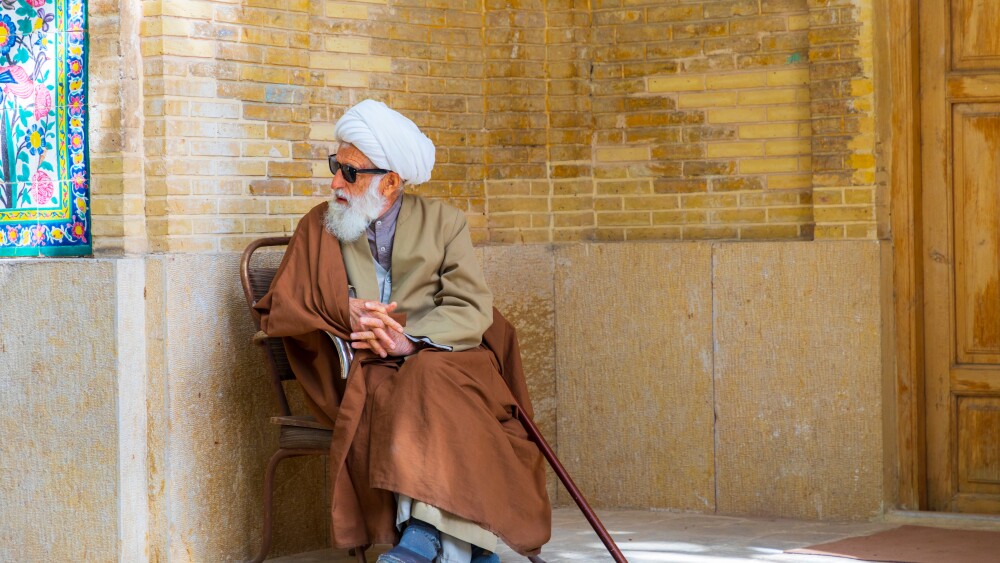When the international community assesses threats from the Islamic Republic of Iran, nuclear ambitions, ballistic missiles, and proxy group terrorism dominate discussions. Yet, another serious threat also rests within religious decrees issued by the regime’s most influential ayatollahs.
Nearly four decades ago, in 1989, Ayatollah Ruhollah Khomeini, the founder of the Islamic Republic, issued a fatwa against author Salman Rushdie, accusing him of blasphemy. This event returned to contemporary memory when, in August 2022, an assailant activated by Khomeini’s fatwa repeatedly stabbed Rushdie. This incident demonstrated that fatwas can retain potency long after issuance.
These edicts endorse suicide attacks to achieve their goals.
In recent weeks, prominent ayatollahs have issued new fatwas. On June 29, 2025, Ayatollah Naser Makarem Shirazi, one of the most senior Shi’ite clerics in Iran, issued a fatwa labeling critics and opponents of Supreme Leader Ali Khamenei as muharib—“enemies of God”—effectively marking them for death. On July 1, 2025, Ayatollah Hossein Noori Hamedani, another prominent cleric closely aligned with the regime, issued a similar decree.
Ayatollah Makarem Shirazi’s fatwa explicitly states: “Any person or regime that threatens or acts against Islamic leadership or clerical authority must be considered muharib, and cooperation or support for such enemies by Muslims is strictly forbidden.”
These edicts endorse suicide attacks to achieve their goals. In his most recent sermon, on July 3, 2025, Ahmad Khatami, an influential member of Iran’s Assembly of Experts, confirmed the fatwas and explicitly declared that the sentence for U.S. President Donald Trump and Israeli Prime Minister Benjamin Netanyahu is execution by hanging.
Reinforcing this dangerous rhetoric, it was reported that on July 9, 2025, Javad Larijani, a senior advisor to the Islamic Republic of Iran’s Supreme Leader and brother to two of the Islamic Republic’s most powerful political figures, in remarks aired on Iranian television, stated that “Trump has done something that he can no longer sunbathe in Mar-a-Lago. As he lies there with his stomach to the sun, a small drone might hit him in the navel. It’s very simple.”
Such fatwas constitute an international license for assassination and terror, activating sleeper cells composed of indoctrinated radicals worldwide. Threats now loom over global leaders, including Trump, Netanyahu, and anyone who offends the Islamic Republic or calls for its end.
Threats now loom over global leaders, including Trump, Netanyahu, and anyone who offends the Islamic Republic or calls for its end.
Western leaders should recognize that these fatwas are not mere religious declarations; they are tools of international terrorism. Tehran meticulously finances global networks dedicated to brainwashing young individuals. Indoctrinated and radicalized, these youths become human weapons, primed to act upon the whisper of a cleric’s command.
The inherent nature of the clerical system ensures this threat will endure. The Islamic Republic’s fundamental character remains violent and unchangeable. Ignoring fatwas as religious rhetoric would be naïve. They are incitement to terrorism.
The international community should respond to neutralize this threat by taking concrete measures: First, the United States and other Western and Arab countries should designate clerics issuing violent fatwas as terrorism financiers or inciters, subjecting them to targeted financial and travel sanctions. Second, Washington and other countries serious about countering terrorism should hold states hosting these clerics accountable through diplomatic pressure, ensuring no international platform is provided for incitement. Third, it is necessary to strengthen intelligence cooperation among allies to disrupt radicalization networks activated by these fatwas. Finally, it is crucial to increase vigilance monitoring financial flows from Tehran used to support ideological training and radicalization efforts abroad in the wake of such decrees.





